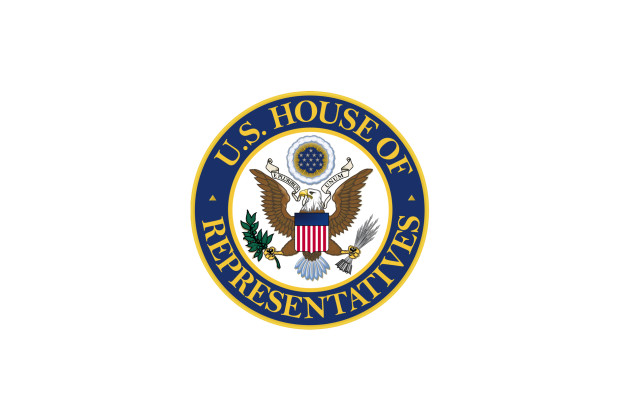The 2017 efforts to exempt premium cigars from FDA regulation have taken another step in Congress.
Yesterday, the U.S. House of Representative Committee on Appropriations Subcommittee on Agriculture passed its FY18 Agriculture Appropriations Bill via a voice vote, included was language that would exempt premium cigars from regulation by the U.S. Food & Drug Administration.
The language, which has been included in various Agriculture Appropriations bills over the last few years, would prevent FDA from using any of its funding to regulate premium cigars.
Premium cigars would cover most, if not all, cigars you see in your local humidor, as well as some other small cigars. Specifically, it would exempt any product:
(1) any roll of tobacco that is wrapped in 100 percent leaf tobacco, bunched with 100 percent to- bacco filler, contains no filter, tip or non-tobacco mouthpiece, weighs at least 6 pounds per 1,000 count, and—
(A) has a 100 percent leaf tobacco binder and is hand rolled;
(B) has a 100 percent leaf tobacco binder and is made using human hands to lay the leaf tobacco wrapper or binder onto only one ma- chine that bunches, wraps, and caps each individual cigar; or
(C) has a homogenized tobacco leaf binder and is made in the United States using human hands to lay the 100 percent leaf tobacco wrapper onto only one machine that bunches, wraps, and caps each individual cigar; and
(2) is not a cigarette or a little cigar (as such terms are defined in paragraphs (3) and (11), respectively, of section 900 of the Federal Food, Drug, and Cosmetic Act).
The bill now moves to the full House Appropriations Committee, where the Cigar Association of America expects the measure to be taken up in mid-July. From there, the bill would still need to pass a vote in the full House of Representatives and have similar language pass the Senate before it would head to President Donald Trump to be signed into law.
Included in the bill was also language that would change the grandfather date for all tobacco products affected by the deeming regulations from Feb. 15, 2007 to Aug. 8, 2016, the date the rules went into effect.
Standalone bills with similar language have been introduced in both the House of Representatives and Senate. Those bills are largely viewed as tools to build both education amongst members of Congress and to show FDA the bipartisan support for exempting premium cigars.
Including language in the Agriculture Appropriations bill has been a popular method for trying to counteract FDA regulations. However, the language has been ineffective because Congress has failed to pass a standalone Agriculture Appropriations bill.
Over the last few years, Congress has been forced to pass omnibus bills, a combination of various crucial bills passed late in the year. Because of the size and urgency of the omnibus, special interest language like those pertaining to FDA regulation were stripped of the bills in order to ensure the larger omnibus would pass.


